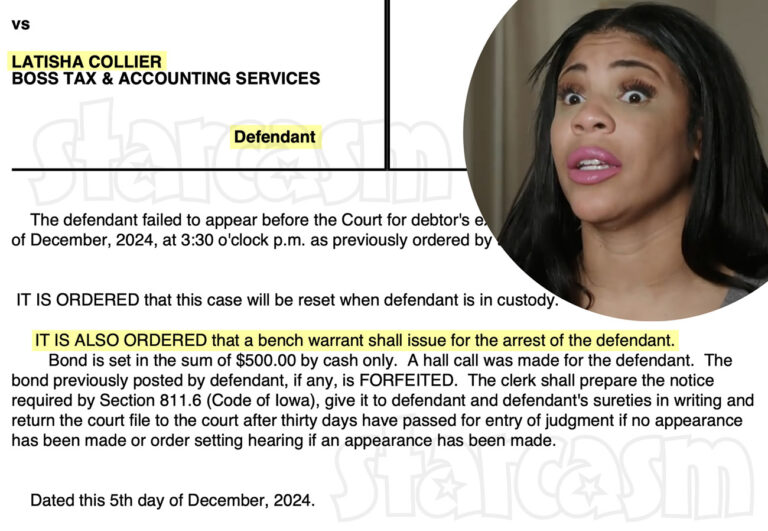How much money do History’s Appalachian Outlaws earn from ginseng harvesting?
Watch one Appalachian Outlaws and you’ll never look at ginseng the same. Just like successful moonshine shows, the West Virginia-based series follows a variety of characters as they “fight each other, steal it and risk jail time” all to stay atop the ginseng market.
As the network said in a press release, “It so happens the Appalachian Mountains have just the right elevation, rainfall and mineral-rich soil to produce the best wild ginseng in the world, but it’s only legal for digging from the end of summer until the first frost.” (With the harvesters deliberately working under within strict legal guidelines, it’s kind of a misnomer that they are Appalachian Outlaws…)
With the potential to earn a full year’s income in just two months, many out-of-staters flock into the region to harvest the herb. Setting the stage for tense encounters, locals don’t take kindly to the competition: In tonight’s episode, Ginseng Fever, “veteran sengers Ron and Obie have to pull their knives to keep a ruthless senger from pulling immature roots and landowner Mike Ross resorts to guerilla tactics to keep poachers away from his honey hole.”
Even though the “sengers” — as in “Ginsengers” — go to great lengths to harvest the $600-per-pound herb, Appalachian Outlaw‘s Tony Coffman (shown above) said the intention isn’t to make West Virginia look like the new Wild West.
“This is about the ginseng business. This isn’t like Buckwild. It’s not trying to make fun of West Virginia, but it is about Appalachian culture somewhat,” Tony told CBS Sacramento in December. “I have all my teeth. I’m not smoking a corn-cob pipe. I wear shoes. I’m a pretty shrewd businessman on the show. I know my stuff.”
 Tony also noted ginseng harvesting isn’t a new venture for many in his state: His own grandpa, Gus Coffman, made a business of buying and selling roots back in the 1930s. Tony eventually learned the trade from him and became a co-owner of the family business, Coffman’s Metals, in the 1970s.
Tony also noted ginseng harvesting isn’t a new venture for many in his state: His own grandpa, Gus Coffman, made a business of buying and selling roots back in the 1930s. Tony eventually learned the trade from him and became a co-owner of the family business, Coffman’s Metals, in the 1970s.
That job allows him to earn a steady paycheck throughout the year, but things really pick up during ginseng business. As the Coffman’s Metals website explains, “Even though last year’s ginseng harvest wasn’t as large as in year’s past, Coffman’s still purchased over 1,600 pounds of Wild Eastern Ginseng from our customers.” If Tony turned around and sold that at the average $600-per-pound, he would have grossed close to $1 million.
Tune into History’s Appalachian Outlaws every Thursday night at 10/9c.






